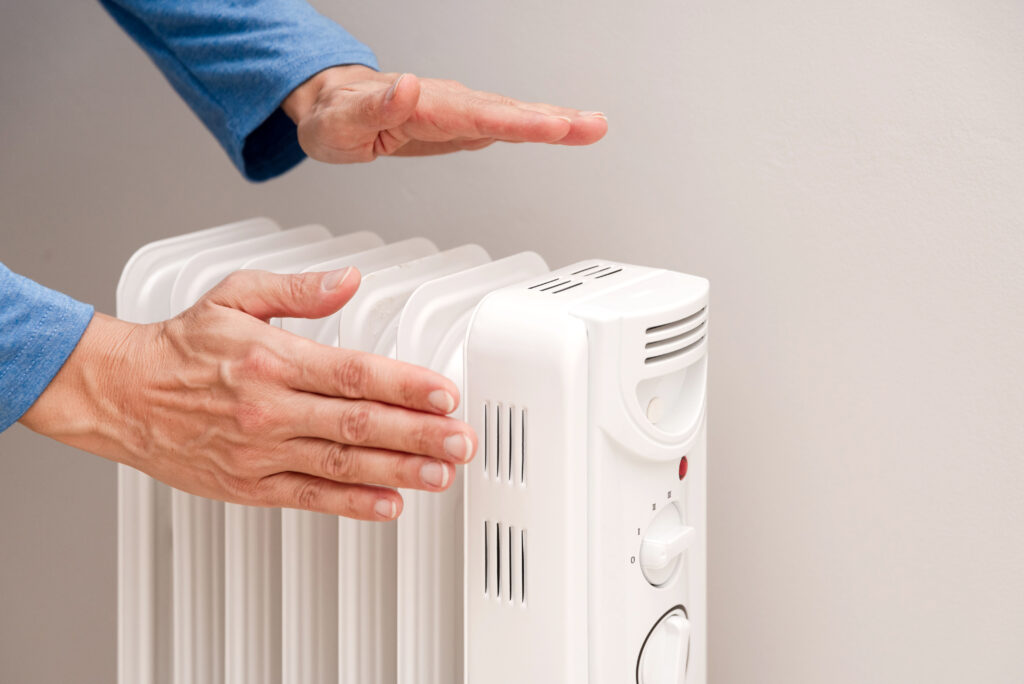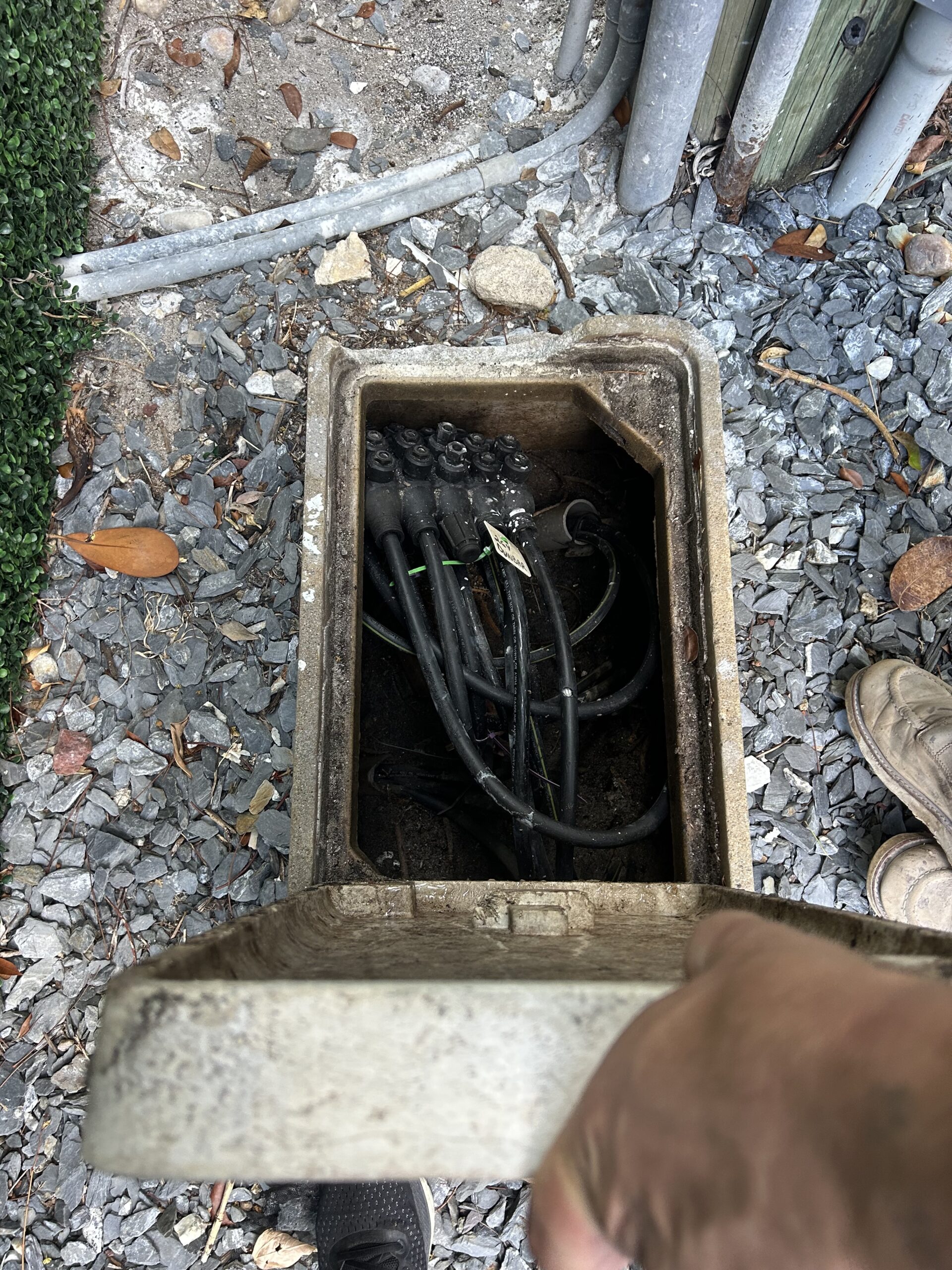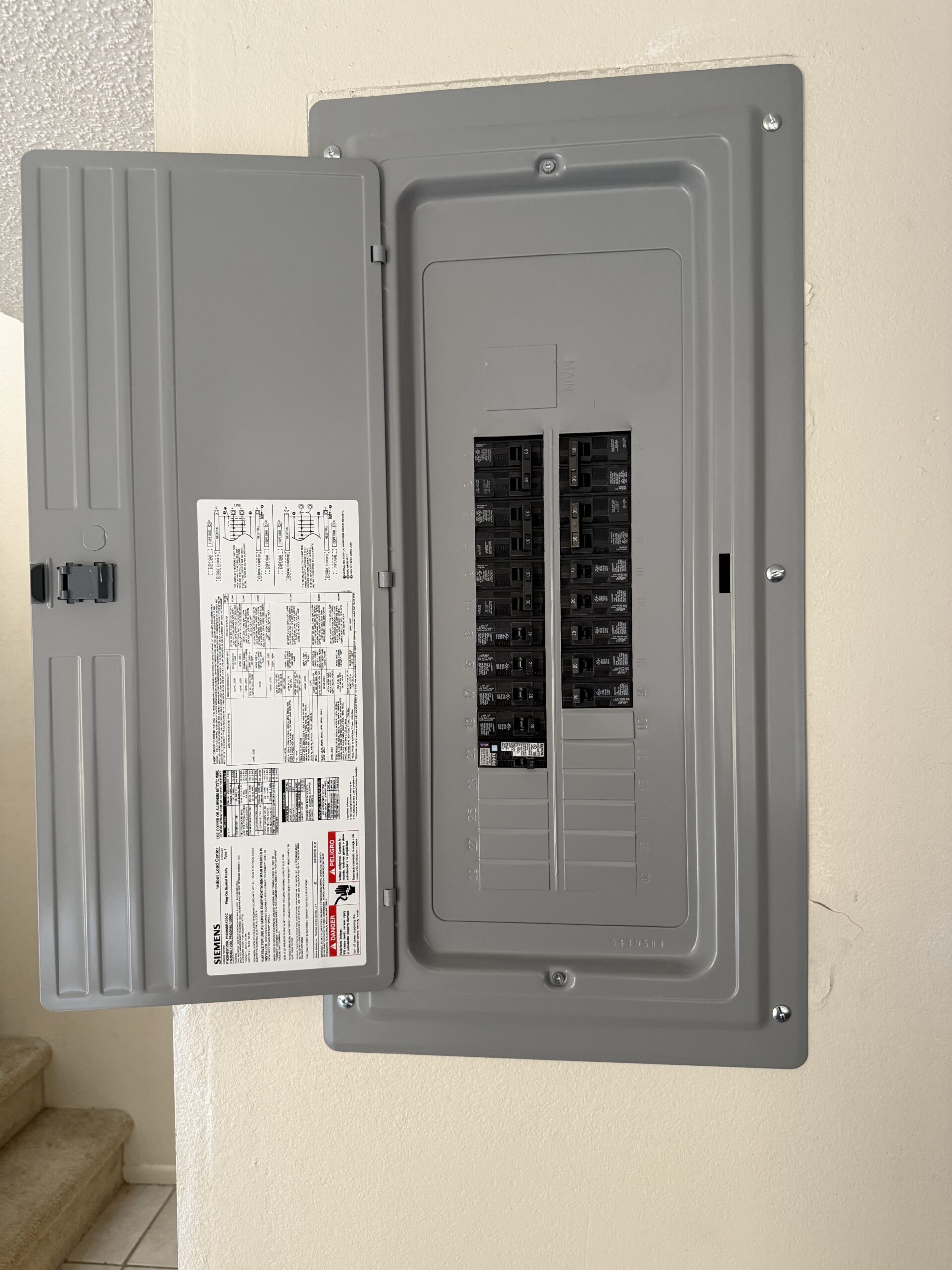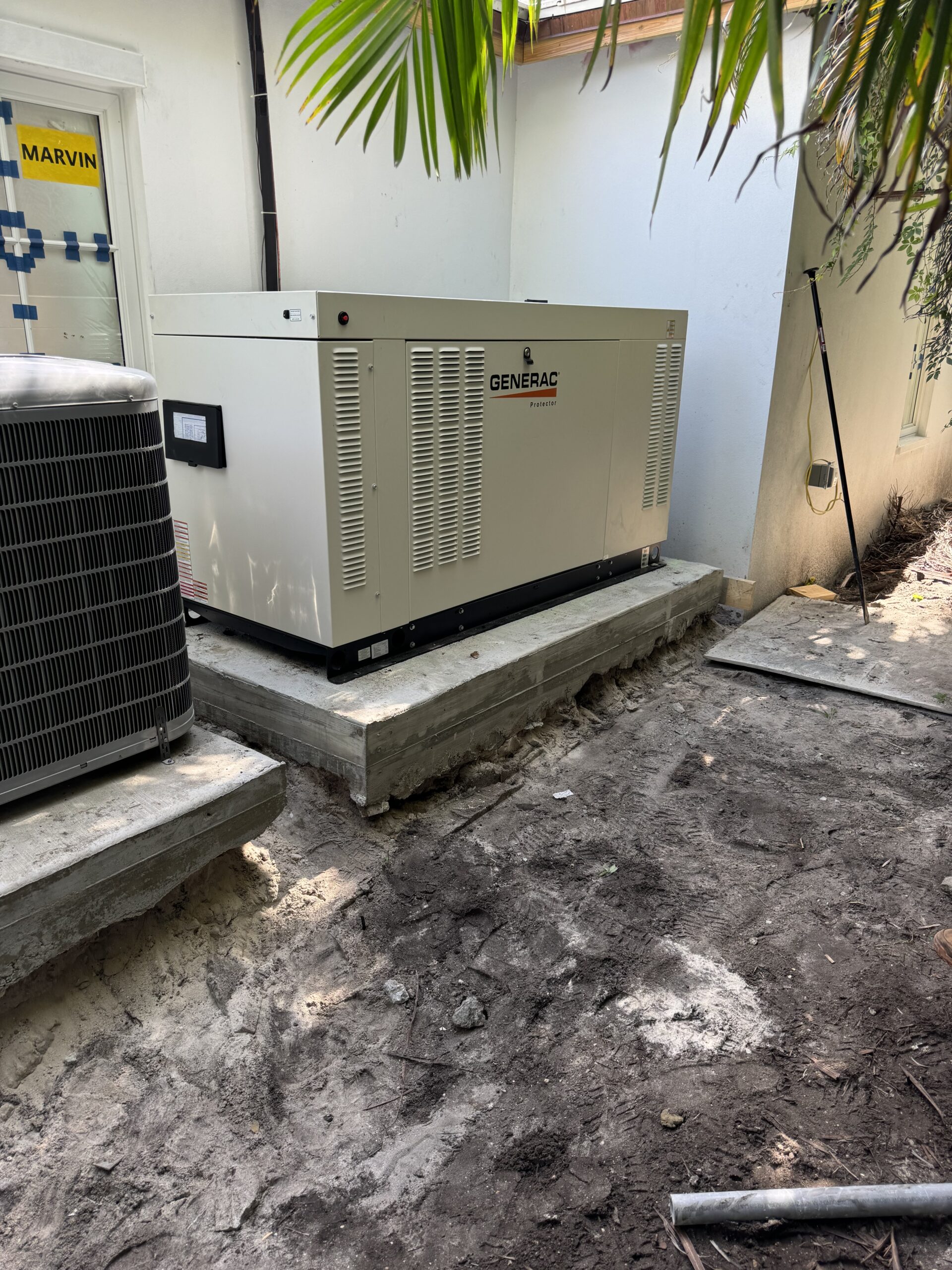When it comes to heating your home, you may be faced with the decision of choosing between gas and electric heat. Each method has its own advantages and drawbacks, and understanding how they differ can help you make an informed choice for your specific needs. Whether you are considering installing a new heating system or replacing an old one, it’s essential to weigh the pros and cons of gas and electric heating. You might be wondering is heat gas or electric.
In this article, we will explore the different types of heating systems available, their benefits and challenges, and how they compare in terms of efficiency, cost, installation, and maintenance. By the end, you’ll have a better understanding of which heating option—gas or electric—suits your home and lifestyle best.

Gas Heating Systems: How They Work
Gas heating systems are among the most popular options for home heating in areas where natural gas is available. These systems use natural gas as a fuel source, which is burned to produce heat. This heat is then transferred through a variety of methods, such as forced air or radiant heating systems.
In a gas furnace, for example, natural gas is ignited in a burner, and the heat generated is blown into the home by a blower fan. This type of heating system is often paired with ductwork to distribute warm air throughout the home. Gas furnaces are known for their ability to heat spaces quickly and efficiently.
Another common gas heating method is gas-powered space heaters. These are smaller units designed to heat a specific area, such as a room or garage, and are often used as supplemental heating sources.

Electric Heating Systems: How They Work
Electric heating systems operate differently from gas-powered systems, relying on electricity rather than a combustible fuel source. The most common types of electric heating include electric furnaces, electric baseboard heaters, and space heaters.
In an electric furnace, electricity is used to heat coils or resistance elements, which then warm the air as it passes over them. This warm air is then distributed throughout the home via a blower fan. While electric furnaces are less common than gas furnaces, they are ideal in areas where natural gas is not readily available or for homes that prefer an electric heating option.
Baseboard heaters are another form of electric heating. These units are installed along the base of walls and use electricity to heat metal fins inside the unit. The heat is then radiated into the room. Baseboard heaters are typically used in individual rooms or areas and are often controlled by a thermostat for each unit.
Electric space heaters are portable units that plug into a standard electrical outlet and provide targeted heating for a small area. These are great for homes that need additional warmth in a specific room.

Comparing Gas and Electric Heating
While both gas and electric heating have the same primary goal—providing warmth—there are many factors to consider when choosing between the two. Below, we will look at key aspects such as energy efficiency, cost, installation, maintenance, and environmental impact.
Energy Efficiency
When it comes to energy efficiency, electric heating systems tend to have an edge. Electric systems convert almost 100% of the electricity they use into heat, meaning there is very little waste. As a result, electric heating is typically more efficient in terms of energy conversion.
On the other hand, gas heating systems are also efficient, but they are slightly less so. While modern gas furnaces can achieve efficiency ratings of up to 98%, a small amount of energy is lost during the process of combustion and distribution. That being said, gas heating systems are still a reliable and efficient option for many homeowners.
However, it’s important to note that energy efficiency is also influenced by the cost of energy in your area. In some regions, electricity is much more expensive than natural gas, which could make gas heating more cost-effective in the long term, despite the slight efficiency difference.
Cost of Installation
The installation cost is another significant factor to consider when deciding between gas and electric heating systems. Generally speaking, electric heating systems tend to have lower upfront installation costs. This is because electric systems are simpler to install and do not require any specialized plumbing or venting systems. For example, an electric furnace can often be installed quickly, and electric baseboard heaters can be added without extensive renovations.
In contrast, gas heating systems tend to be more expensive to install. A gas furnace requires a gas line connection, venting for exhaust gases, and other considerations, such as ductwork. If your home does not already have a gas line, installation costs can increase significantly.
Additionally, some homes may need professional modifications to accommodate a gas heating system, such as adding a chimney or installing gas lines. As a result, gas heating systems often come with higher initial costs compared to electric options.
Operating Costs
One of the most important considerations when choosing between gas and electric heat is the operating cost. While electric heating systems may have lower upfront installation costs, they can be more expensive to operate in the long run. This is because electricity is typically more expensive than natural gas on a per-unit basis.
In regions where electricity prices are high, gas heating can be much more cost-effective for maintaining a comfortable home temperature. On average, gas heating systems tend to be less expensive to operate than electric systems, particularly in colder climates where heating demands are high.
It’s important to evaluate local energy prices when comparing the ongoing operating costs of gas versus electric heating. Although electric heating systems are efficient, their operating costs can be prohibitive in areas where electricity is costly.

Maintenance
Both gas and electric heating systems require maintenance to keep them running smoothly, but the types of maintenance needed can differ.
Electric heating systems are relatively low-maintenance compared to gas systems. Since there are no combustion processes involved, there is less chance for wear and tear on the system. However, it is still important to clean the system regularly, check the electrical components, and replace air filters to ensure efficiency.
Gas heating systems, on the other hand, require more frequent maintenance. Since these systems involve burning fuel, regular inspections are necessary to ensure safe and efficient operation. The burners, heat exchangers, and gas lines must be inspected periodically for potential issues, such as leaks or blockages. In addition, gas systems require annual maintenance by a licensed professional to ensure they are functioning correctly and safely.

Environmental Impact
When it comes to environmental impact, electric heating systems tend to have a cleaner profile, particularly if they are powered by renewable energy sources. Electric heat does not produce direct emissions or pollutants inside your home, which can be a significant advantage for individuals concerned about indoor air quality.
Gas heating systems, while effective and efficient, do produce carbon emissions when the natural gas is burned. These emissions can contribute to indoor air pollution if not properly ventilated, and they are also a factor in overall environmental pollution. In areas where natural gas is sourced from non-renewable sources, gas heating systems can contribute to higher carbon footprints.
If reducing your carbon footprint is a priority, you may want to consider an electric heating system powered by green energy, such as solar or wind power, to minimize your environmental impact.

Which Heating System is Right for You?
The decision of whether to choose gas or electric heat ultimately depends on several factors, including your home’s location, energy prices in your area, your budget for installation, and your long-term heating needs. Here are some key considerations:
- If you live in an area with high electricity prices, gas heating might be the more affordable option in the long run.
- If you have limited access to natural gas, an electric heating system may be your best choice.
- For new construction homes, electric heating systems may be easier to install and may also offer long-term savings if paired with renewable energy sources.
- If you prefer low-maintenance options, electric heating systems generally require less upkeep compared to gas systems.

Conclusion
Choosing between gas and electric heating is not a one-size-fits-all decision. Both systems offer distinct advantages and challenges, depending on factors such as installation costs, operating expenses, and energy availability. While electric heating systems are efficient and have lower maintenance requirements, gas heating systems can offer more cost-effective long-term heating solutions, particularly in areas with lower natural gas prices.
Ultimately, your choice will depend on your individual needs and priorities. Whether you choose gas or electric heat, the key is to ensure that the system you choose provides comfort, efficiency, and reliability for your home. Understanding how each system works, its benefits, and its potential drawbacks will help you make the most informed decision for your heating needs. Let us know how you’re going to handle your heating. We can help on the electrical side.








